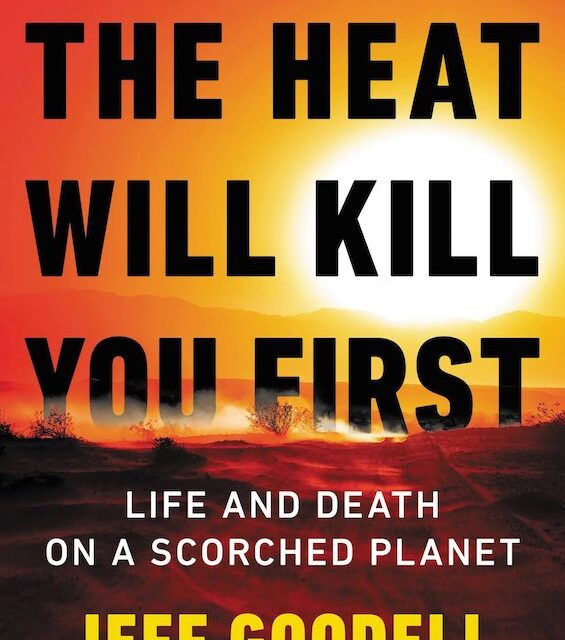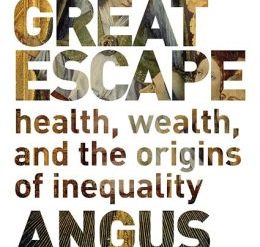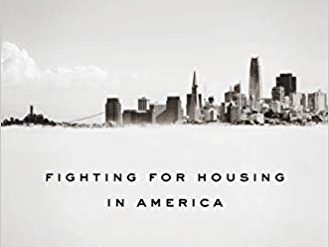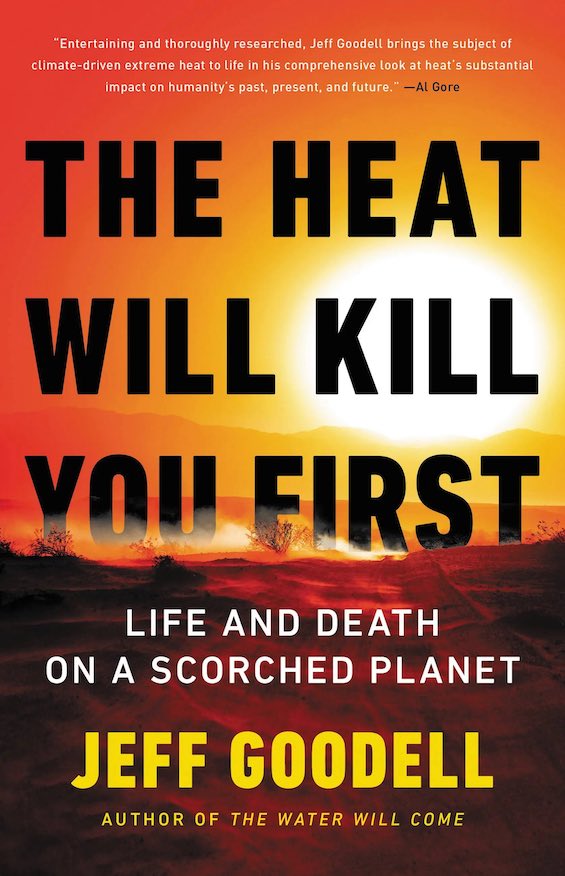
You probably don’t need another terrifying book about the climate crisis to convince you that global “warming” is real. Chances are, you’ve known that for years. Or, at the very least, it became clear to you from the recurring floods, killer storms, and deadly heat waves that have struck in recent years. But knowing that, and comprehending the full scope of climate change, and understanding in depth why it’s all happening and what we can do about it . . . well, that’s another thing entirely. And that’s what journalist Jeff Goodell set out to explain in his eye-opening new book, The Heat Will Kill You First. This is the book you need to get a handle on the uncertain future we face—the dangerously hot future our children and grandchildren must learn to survive.
Estimated reading time: 6 minutes
Thinking about heat in a wholly new way
Goodell makes his intention clear at the outset. “”My goal is to convince you to think about heat in a different way,” he writes. “The kind of heat I’m talking about here is not an incremental bump on the thermometer or the slow slide of spring into summer. It is heat as an active force, one that can bend railroad tracks and kill you before you even understand that your life is at risk.” And in the pages that follow, he provides ample examples of people caught in precisely such situations.
You can’t read this book and emerge without with a clear understanding that you will need to make your peace with the hot future we face. Because heat that kills is on a relentless rise across the Earth—and it will change our lives in ways that we can now only dimly imagine. Heat, Goodell asserts, is “the engine of planetary chaos.”
The Heat Will Kill You First: Life and Death on a Scorched Planet by Jeff Goodell (2023) 352 pages ★★★★★
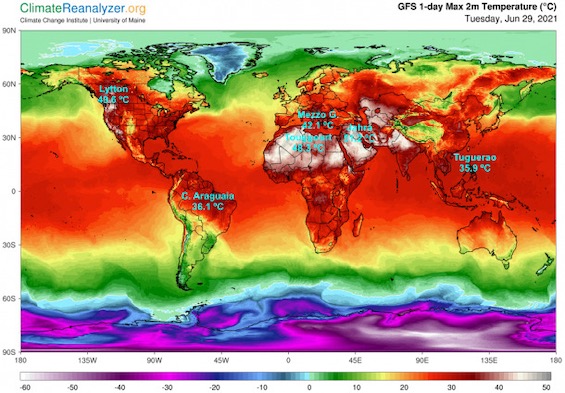
Forget global “warming.” Heat is a killer.
Heat has affected us all in ways you’ve probably never considered, as Jeff Goodell reports. “Researchers at Dartmouth College,” he writes, “estimate that since the 1990s, extreme heat waves amped up by climate change have cost the global economy $16 trillion [which is close to the GDP of China]. Heat lowers children’s test scores and raises the risk of miscarriage in pregnant women. Prolonged exposure increases death rates from heart and kidney disease. When people are stressed by heat, they are more impulsive and prone to conflict. Racial slurs and hate speech in social media spike. Suicides rise. Gun violence increases.” As if we don’t already have enough of these challenges, there’s a lot more in store for us in our hot future.
How to survive our ever-hotter future
“If there is one idea in this book that might save your life,” Goodell writes, “it is this: The human body, like all living things, is a heat machine. Just being alive generates heat. But if your body gets too hot too fast—it doesn’t matter if that heat comes from the outside on a hot day or the inside from a raging fever—you are in big trouble.” And it doesn’t take 130-degree heat to make that happen. As the author notes, experts have established that an outdoor temperature of 95 degrees with high humidity “is the upper end of human adaptability to humid heat. Beyond that, our body generates heat faster than it can dissipate it.” And that can be the beginning of the end. But, unless you’re forced to work outside without frequent breaks in excessive heat, you can avoid that. Find a cool spot, and rest.
Simply drinking lots more water is not enough. “Drinking water does not in itself cool off inner-core body temperatures,” Goodell says. “Put another way, dehydration can exacerbate heat exhaustion and heatstroke, but you can still die of heatstroke and be well hydrated.” Shade and rest are the only answer. Don’t for a minute imagine taking 10,000 steps on a 100-degree day, much less trekking across a desert in daytime.
What’s in store for us
Chapter by chapter, Goodell examines the many ways climate change is endangering us, from the rising seas that will engulf our coastal cities across the globe to the release of thousands of ancient pathogens as the permafrost thaws. There’s no end of the threats to ourselves and the natural environment we cherish. But perhaps worst of all, in the not-too-distant future, heat will make life unlivable in wide swaths of the world.
There, “heat is rising faster than our ability to adapt to it. Some people may try to stick around and fight it out with Mother Nature, but most will not. ‘People will do what they have done for thousands of years,’ said Vivek Shandas of Portland State University. ‘They will migrate to better climates.’” Inevitably, then, hundreds of millions, perhaps billions, of climate refugees will be on the march, north and south, to cooler lands. Just imagine what that’s going to do to these fragile societies we call civilization.
About the author
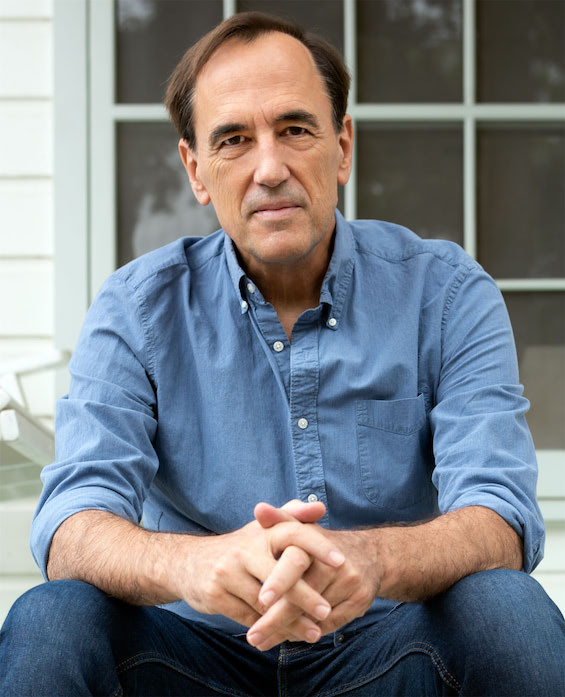
Jeff Goodell‘s capsule bio on his author website reads in part as follows: He “is the author of six previous books, including The Water Will Come: Rising Seas, Sinking Cities, and the Remaking of the Civilized World, which was a New York Times Critics Top Book of 2017. He has covered climate change for more than two decades at Rolling Stone and discussed climate and energy issues on NPR, MSNBC, CNN, CNBC, ABC, NBC, Fox News and The Oprah Winfrey Show. Goodell is a Senior Fellow at the Adrienne Arsht-Rockefeller Foundation Resilience Center and a 2020 Guggenheim Fellow.”
His full bio reveals that he “was born and raised in Silicon Valley, where his family has lived for four generations. . . He has a BA from the University of California, Berkeley, and an MFA from Columbia University in New York.” Goodell “lives in Austin, Texas with his wife Simone Wicha, the director of the Blanton Museum of Art.”
For related reading
For an earlier perspective on this subject, see Hot: Living Through the Next Fifty Years on Earth by Mark Hertsgaard (Global warming and climate change: the next fifty years). The book was published in 2012. A careful reading will show how much the climate crisis has accelerated over the past decade. And you’ll find other related books at Good books about climate change.
You might also be interested in:
And you can always find my most popular reviews, and the most recent ones, on the Home Page.

